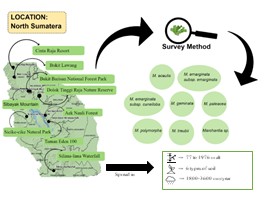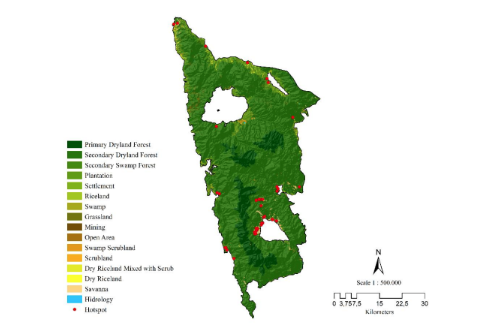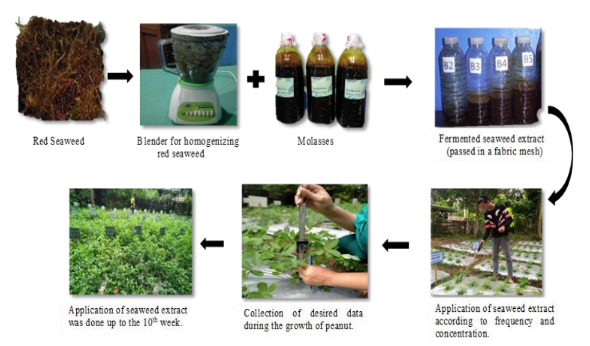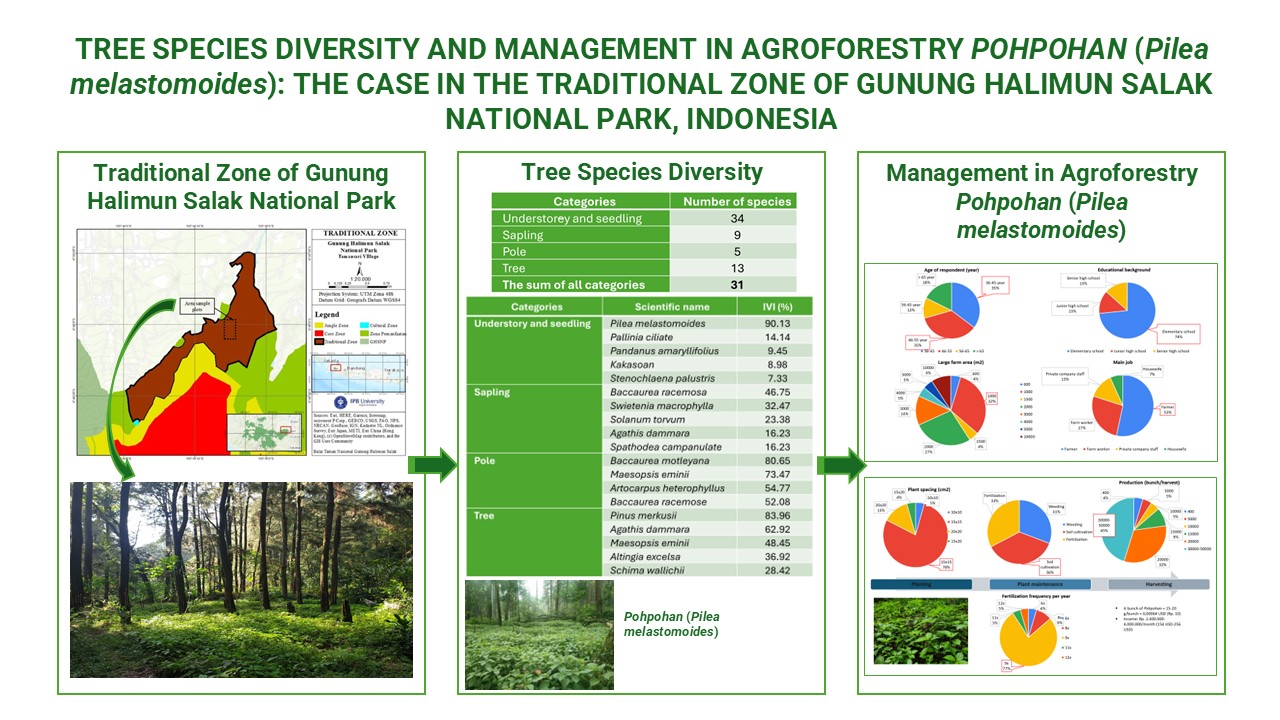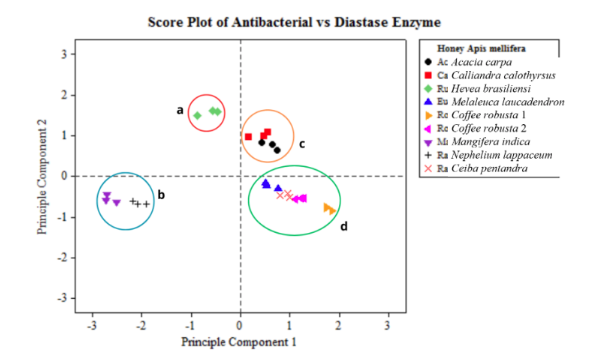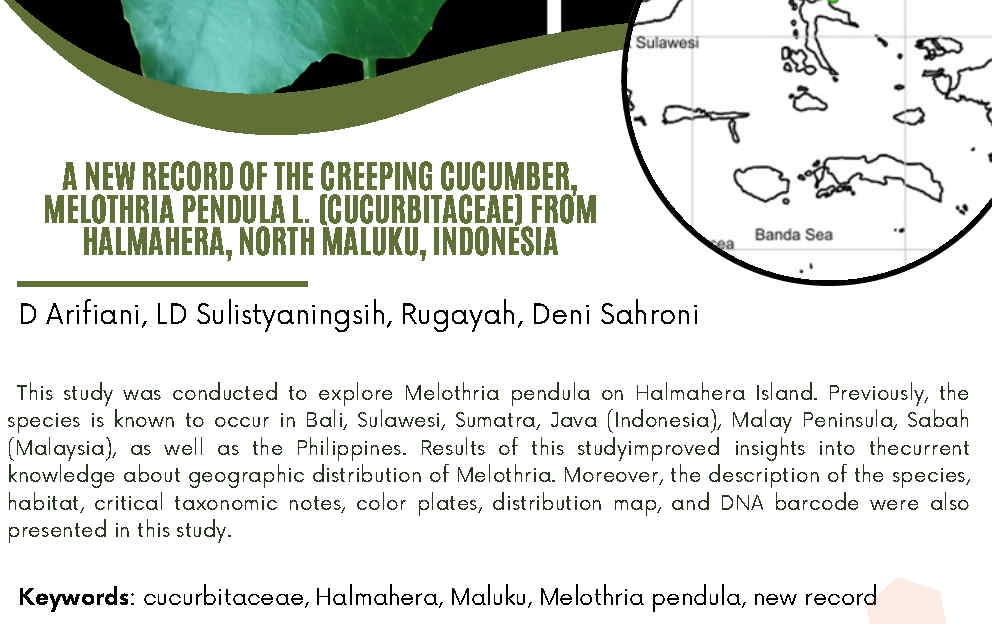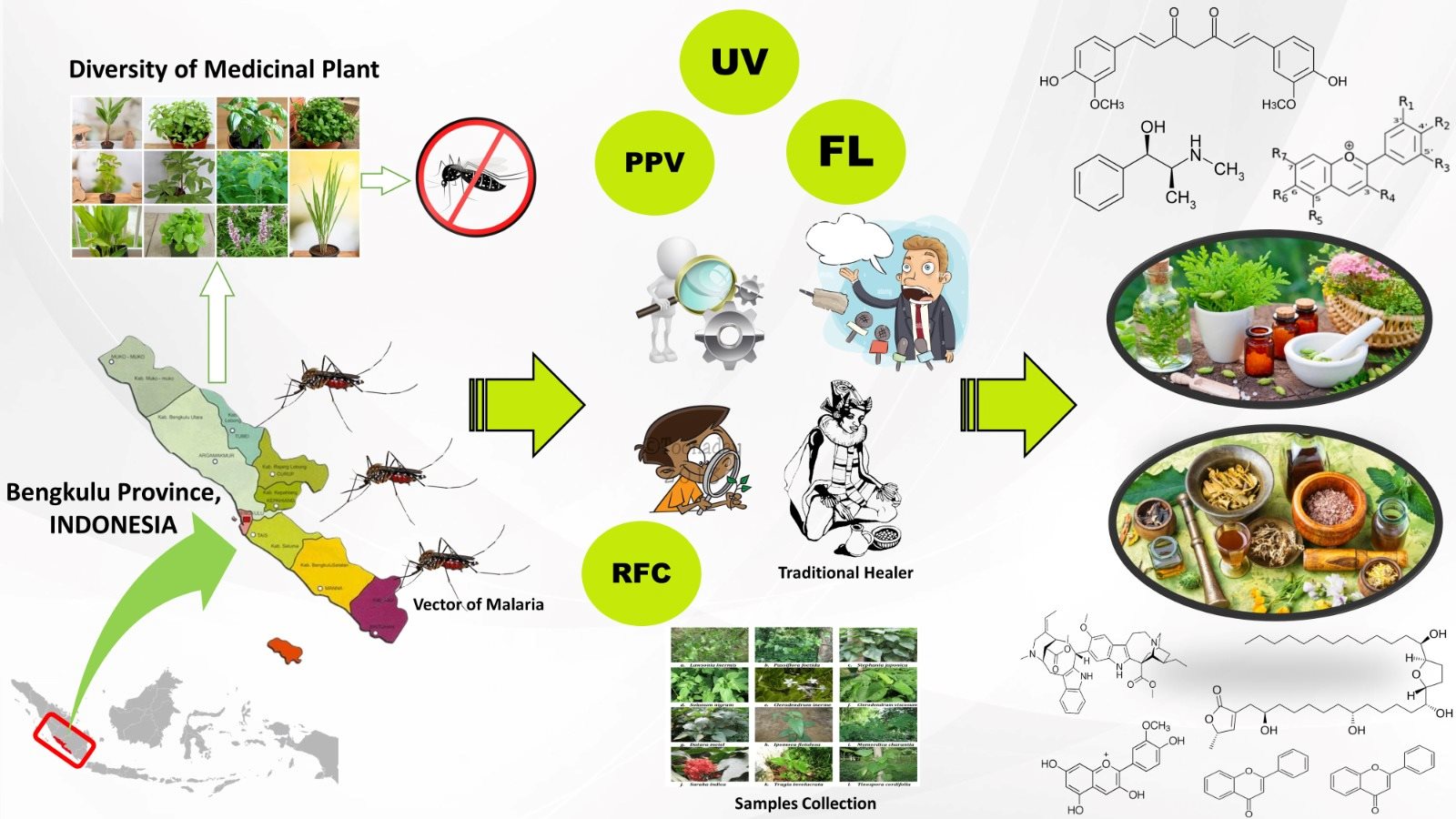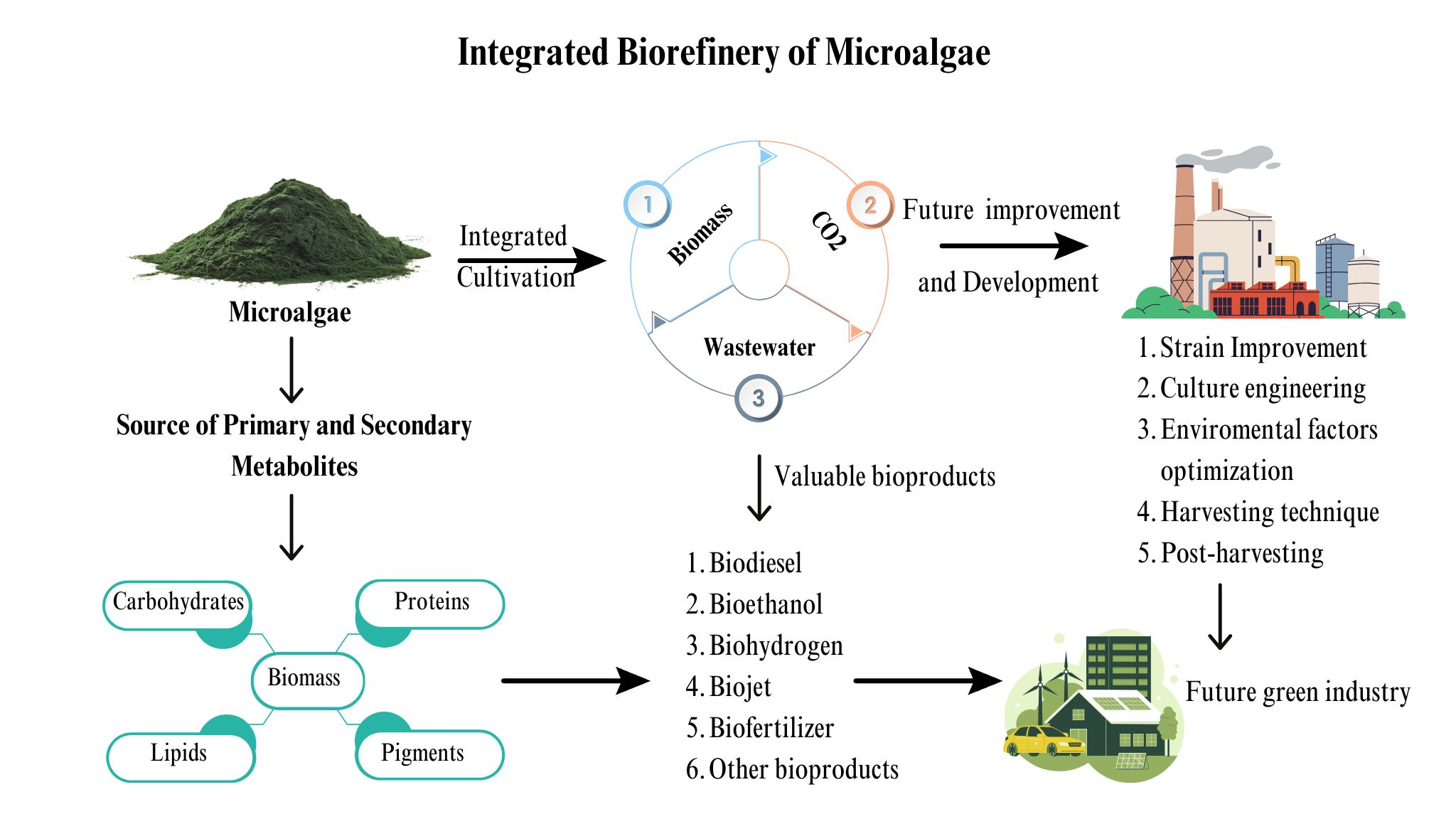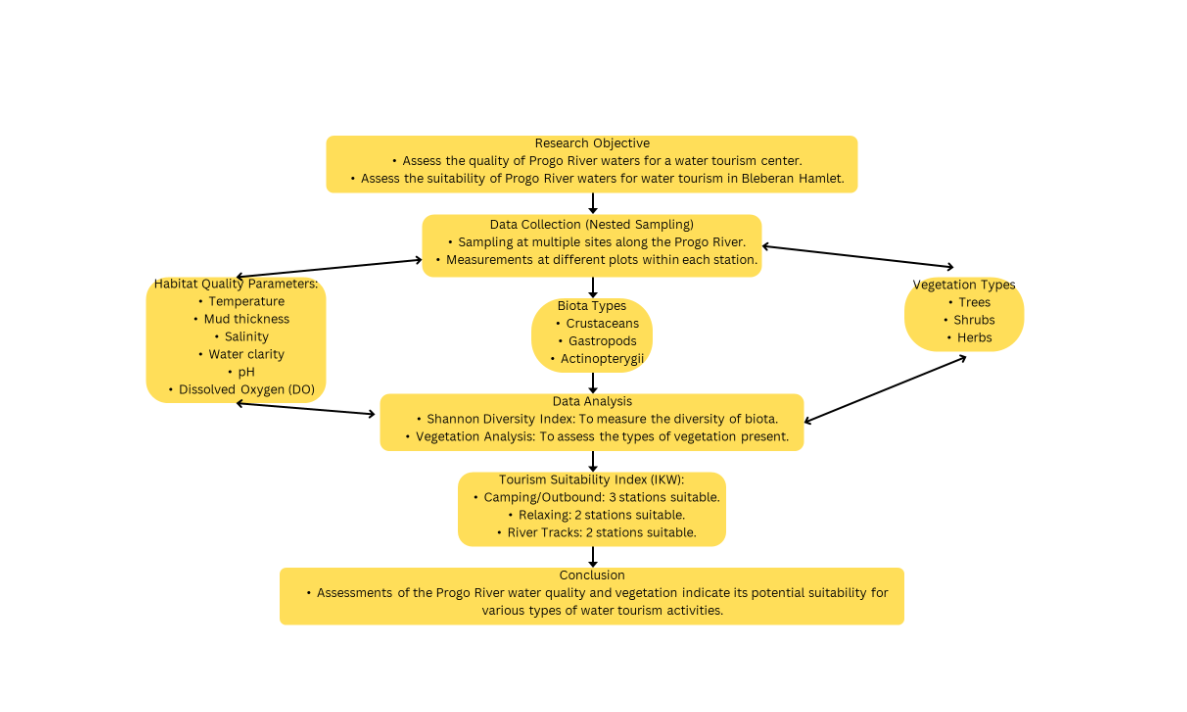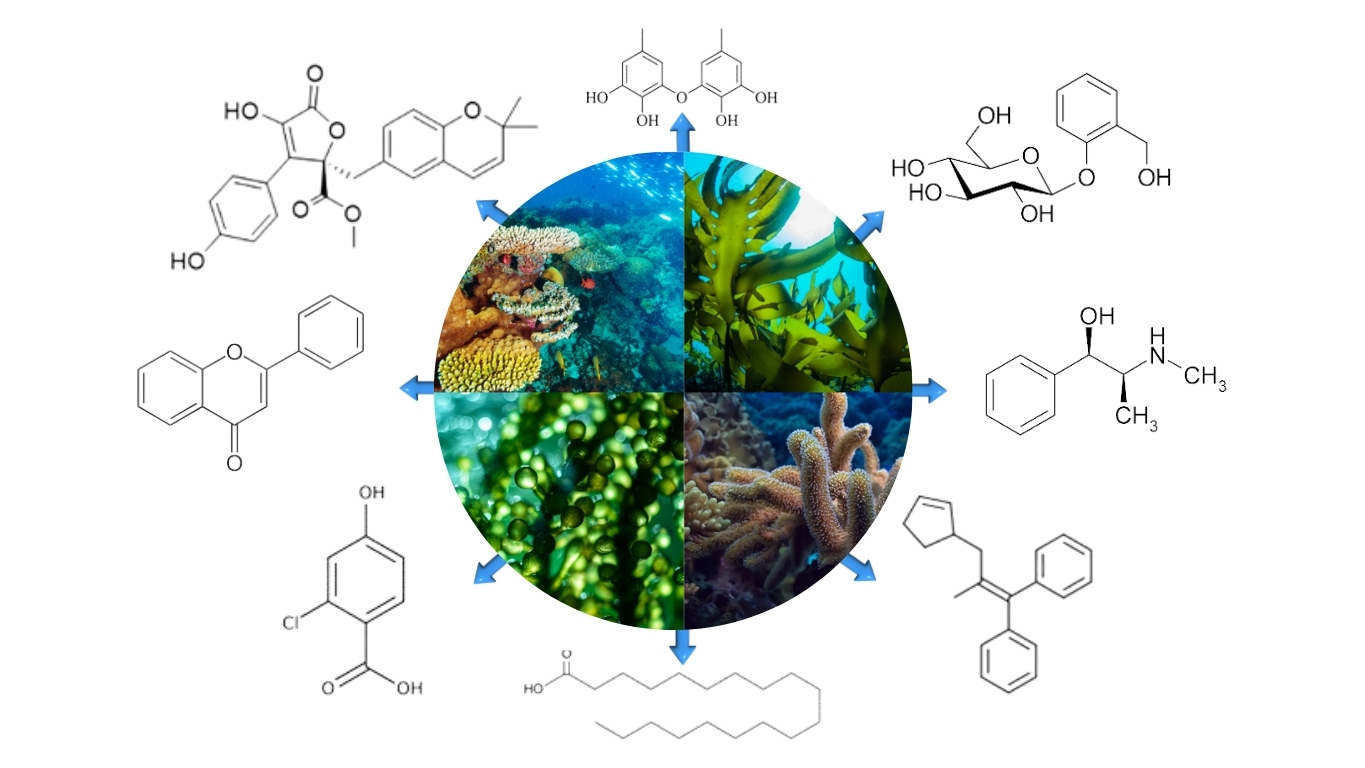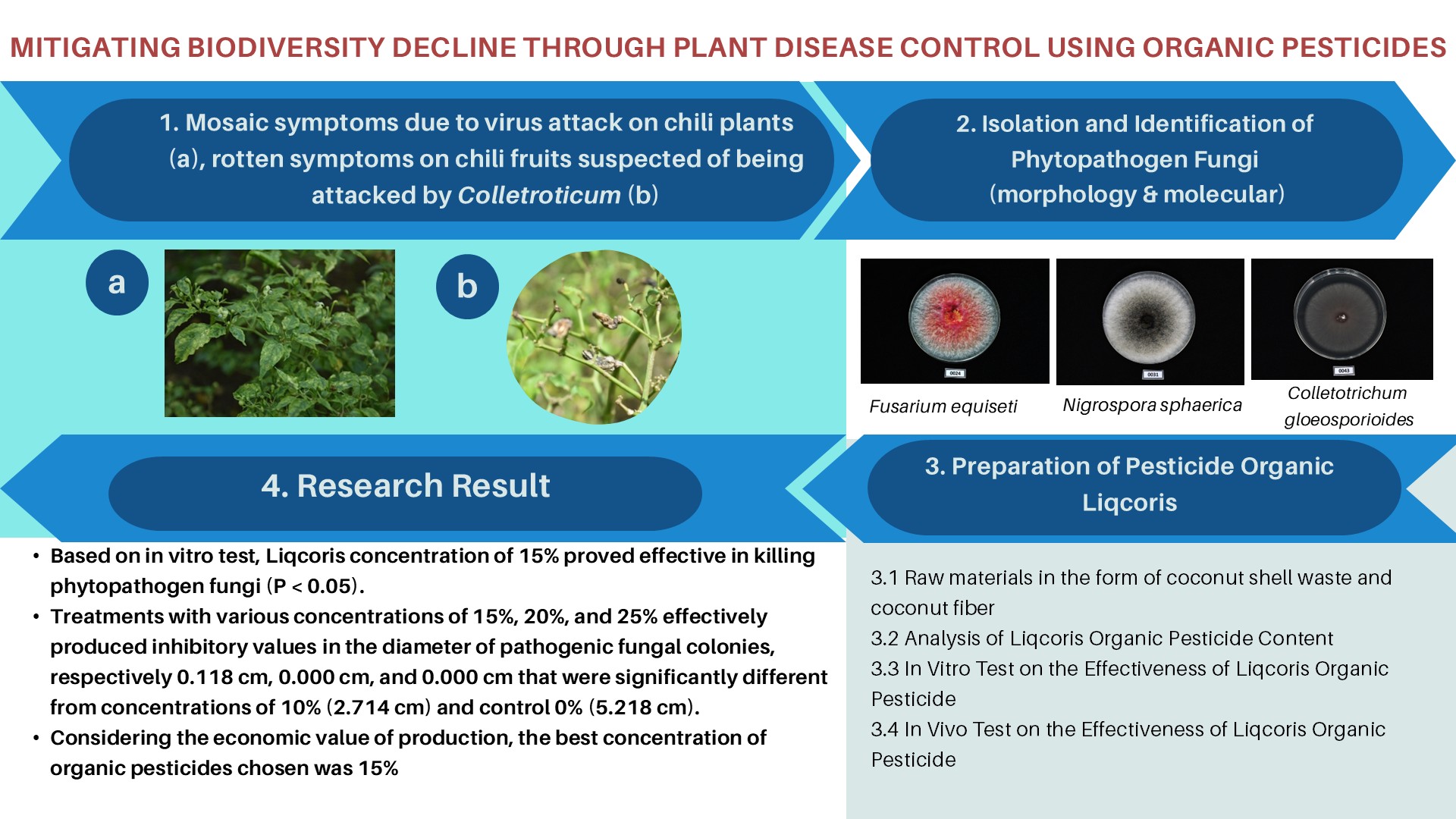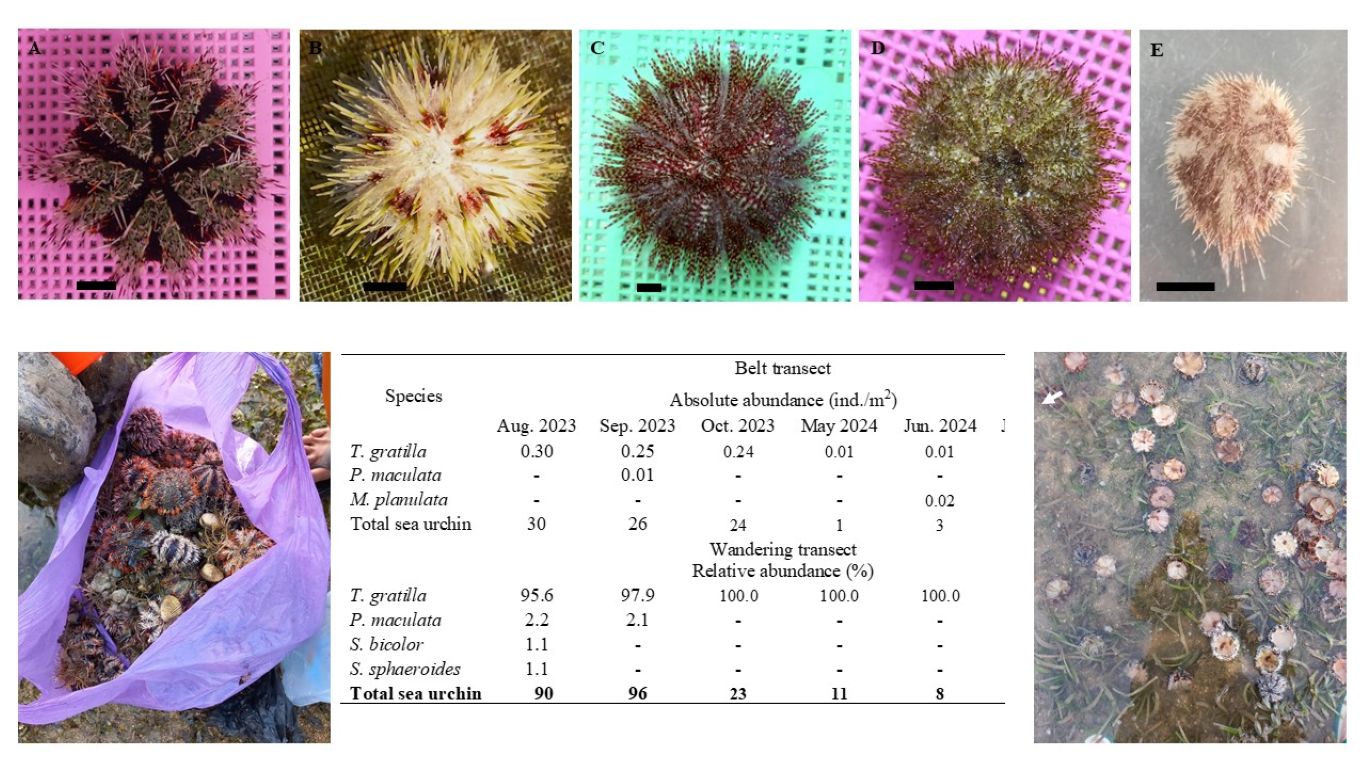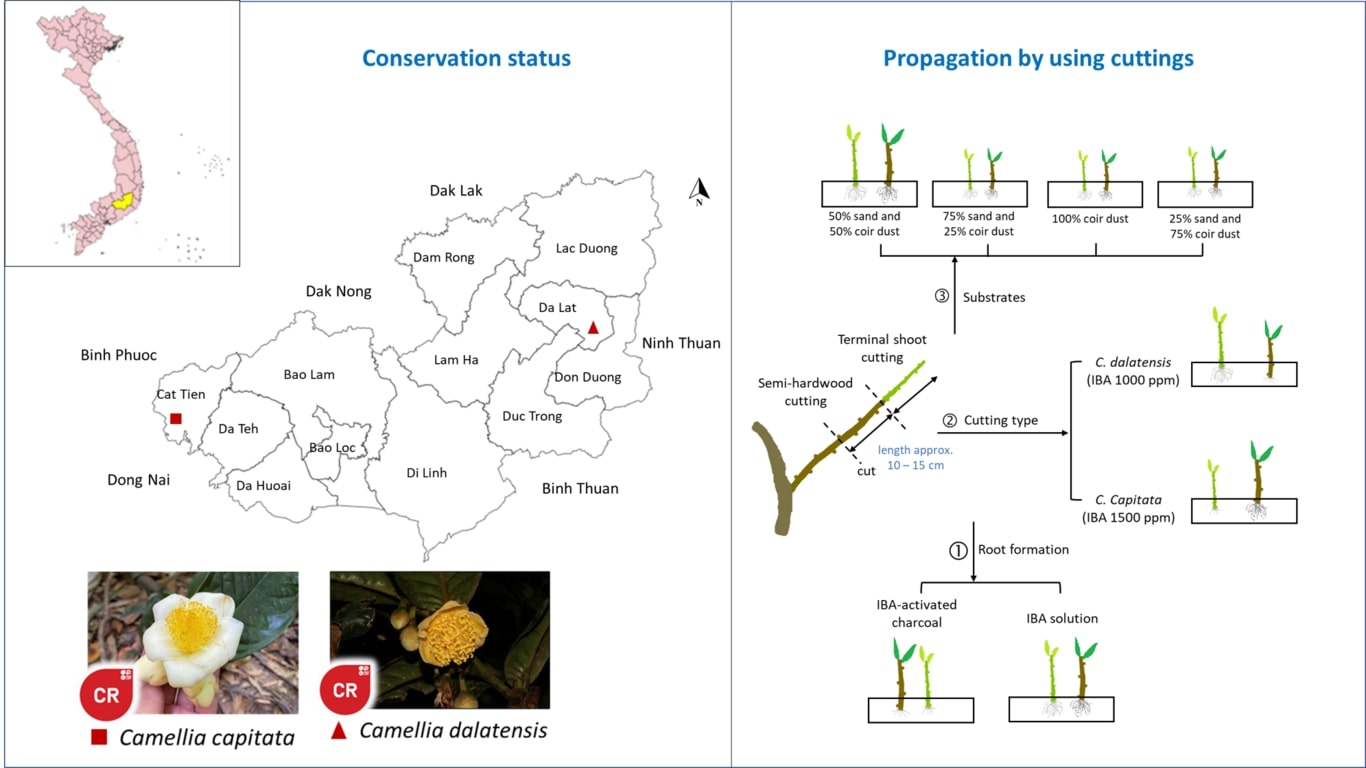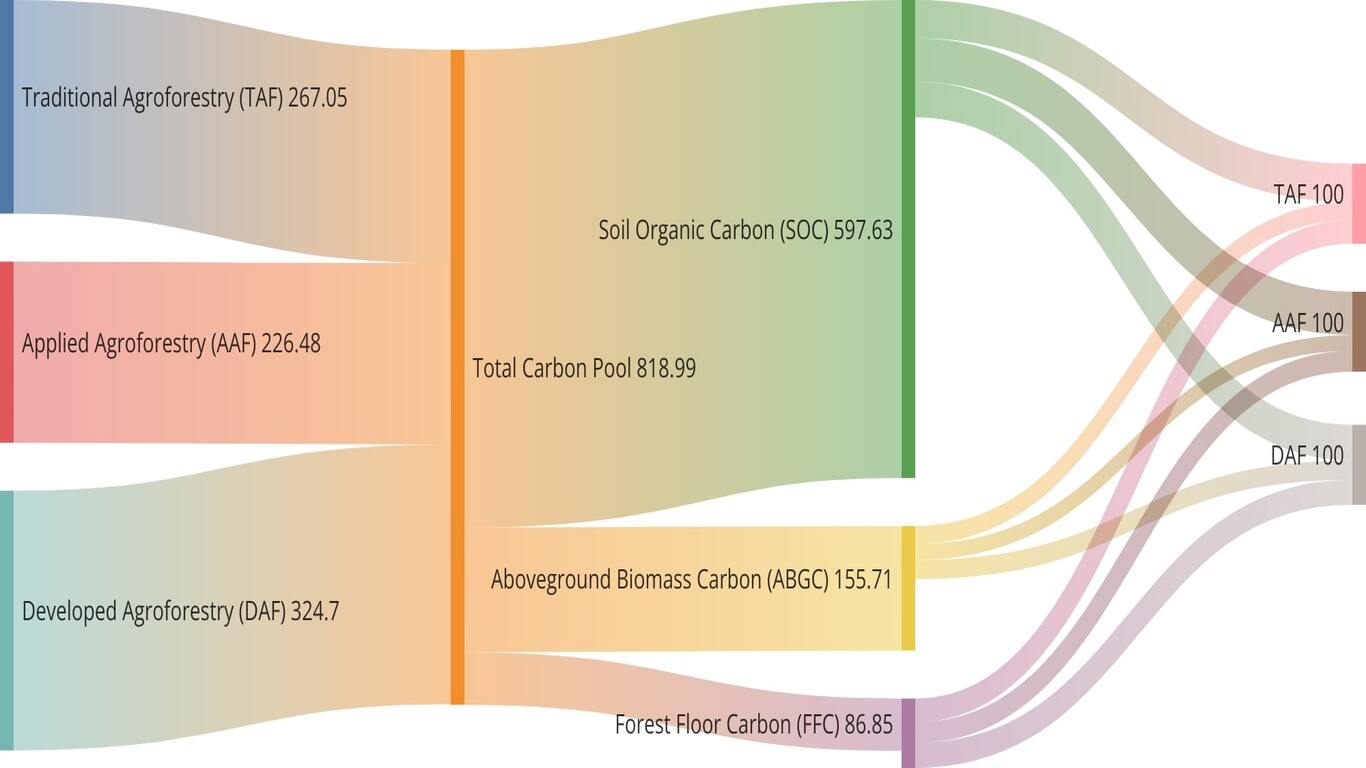Growth Inhibition of Fungal Plant Pathogens by Antagonist Bacteria Using Dual Culture Assays
Downloads
There has been excessive use of chemical-based pesticides globally resulting in significant environmental consequences with adverse effects on human health. Therefore more sustainable environment friendly alternative solutions are needed to cope with such environmental and health challenges. Development of biocontrol method is a rational solution to these challenges and therefore the main objective of this research were to isolate and screen potential antagonist bacteria inhibitory to important fungal plant pathogens (Fusarium oxysporum, Ceratocytis sp., Aspergillus flavus dan Aspergillus niger) in vitro by applying dual culture assays on potato dextrose agar (PDA) or trypticase soya agar (TSA) media. The antagonist bacteria were isolated from various sources such as soil of rhizosphere zone and roots of lettuce plants and  mature compost. The potential of antagonist candidates were screened on the basis of inhibitory activity against targeted fungal pathogens. Bacterial antagonists with highest zone of inhibition were identified up to genus level using biochemical tests, and the results were matched with those specified in the Bergey’s Manual of determinative bacteriology. Fifteen bacterial isolates were successfully isolated from various sources, and 60% of those isolates showed antagonistic activity in vitro against fungal pathogens with various degree of inhibition. This indicated the initial potential to develop as biocontrol agents. Based on preliminary identification, genera of Bacillus and Pseudomonas were found to be the predominant isolates and in addition genus Acinetobacter was also identified in this study.
Downloads

This work is licensed under a Creative Commons Attribution-NonCommercial-NoDerivatives 4.0 International License.
Authors who publish with this journal agree with the following terms:
- Authors retain copyright and grant the journal right of first publication, with the work 1 year after publication simultaneously licensed under a Creative Commons attribution-noncommerical-noderivates 4.0 International License that allows others to share, copy and redistribute the work in any medium or format, but only where the use is for non-commercial purposes and an acknowledgement of the work's authorship and initial publication in this journal is mentioned.
- Authors are able to enter into separate, additional contractual arrangements for the non-exclusive distribution of the journal's published version of the work (e.g., post it to an institutional repository or publish it in a book), with an acknowledgement of its initial publication in this journal.
- Authors are permitted and encouraged to post their work online (e.g., in institutional repositories or on their website) prior to and during the submission process, as it can lead to productive exchanges, as well as earlier and greater citation of published work (See The Effect of Open Access).










